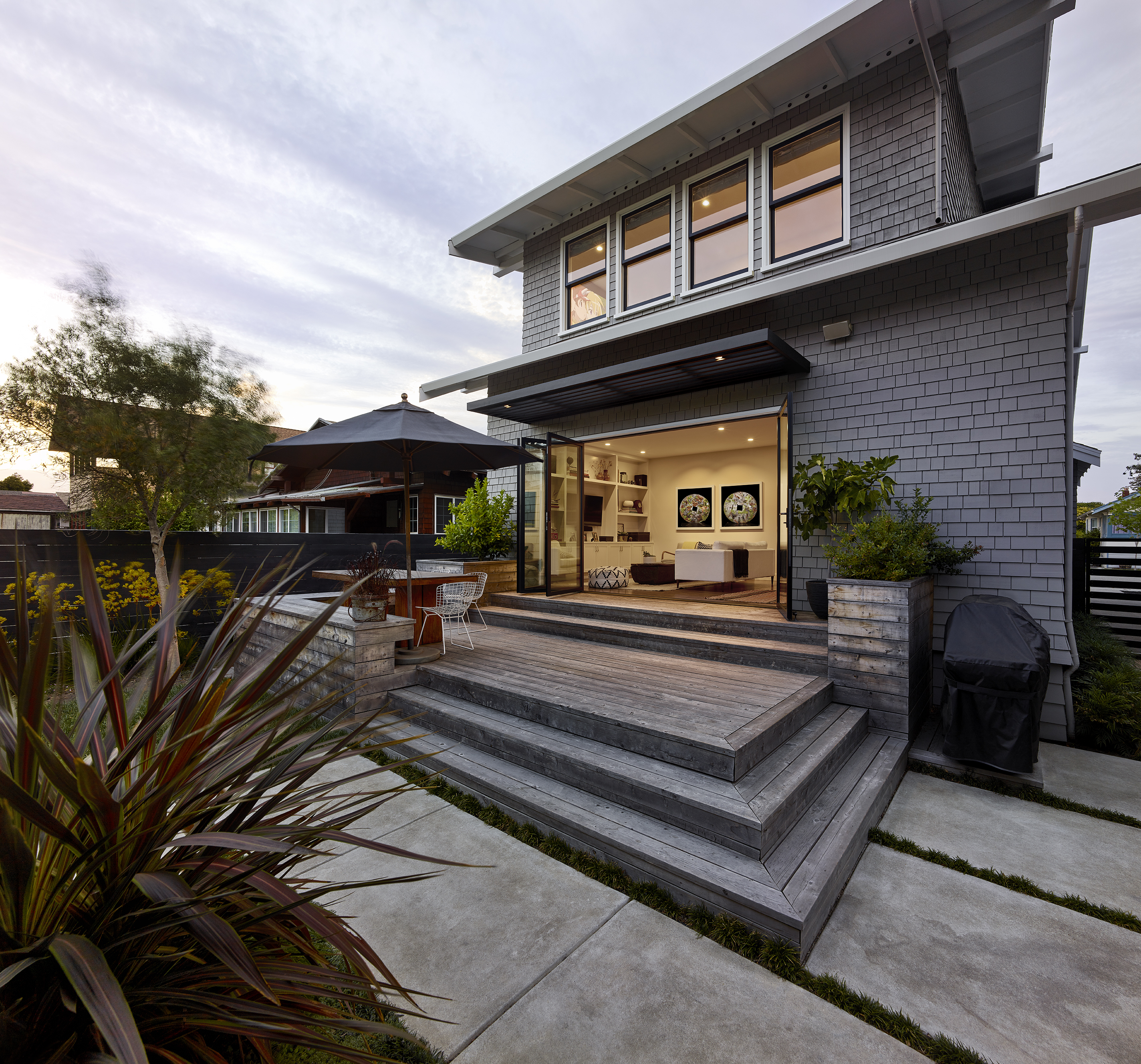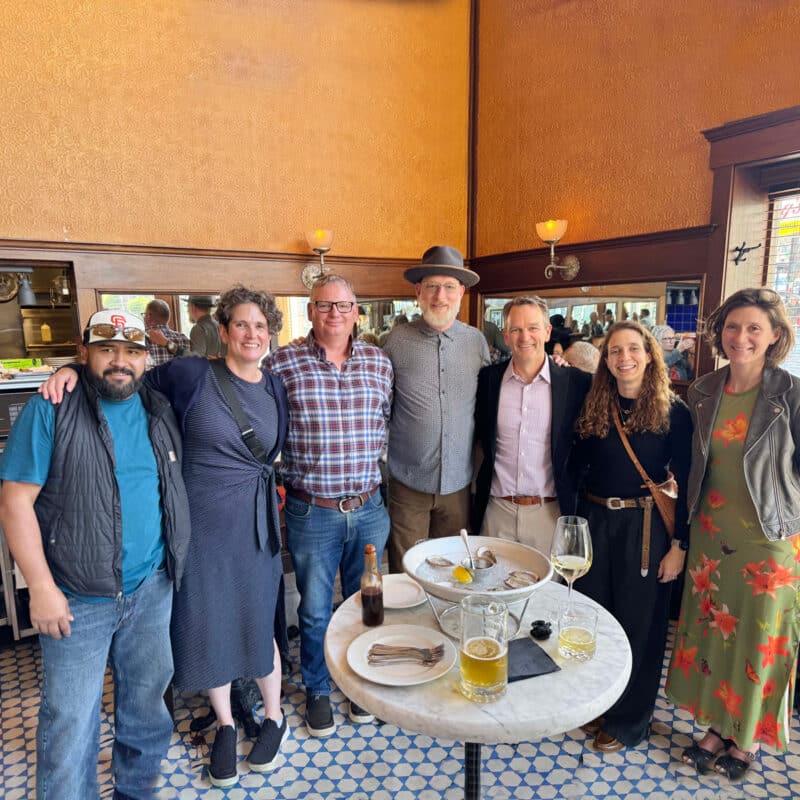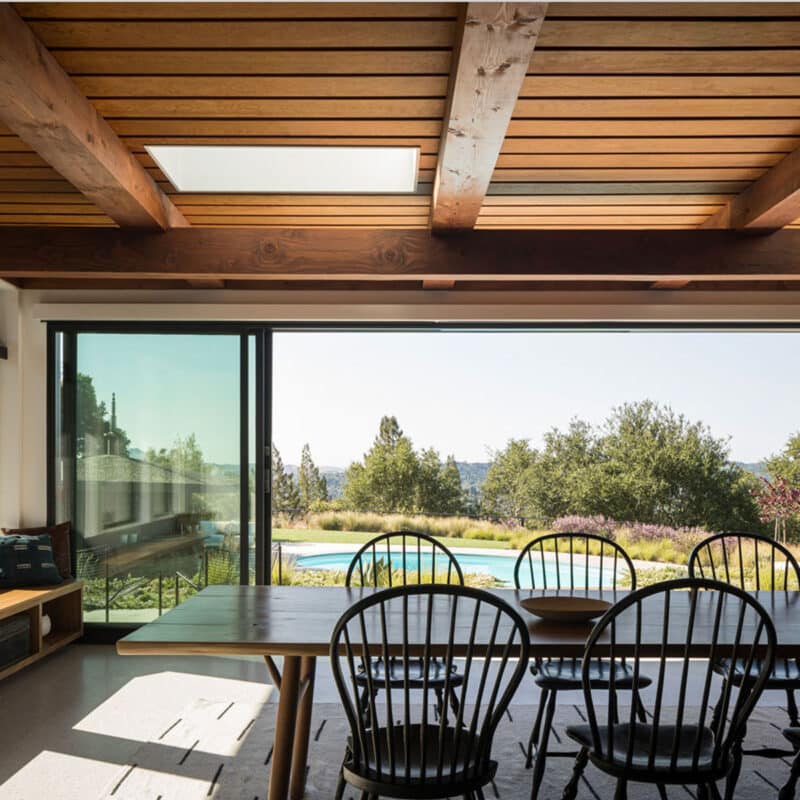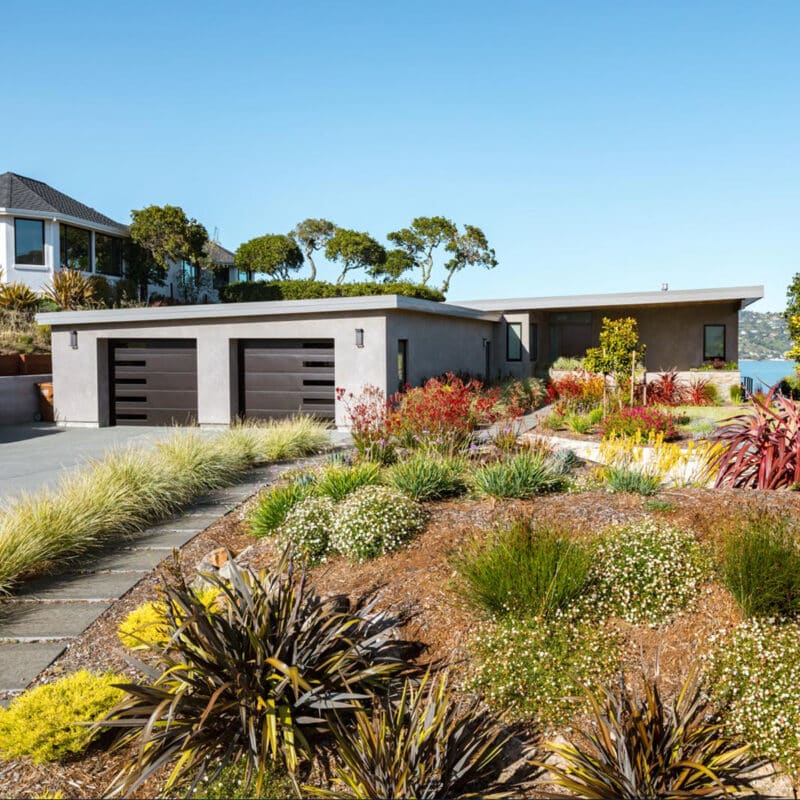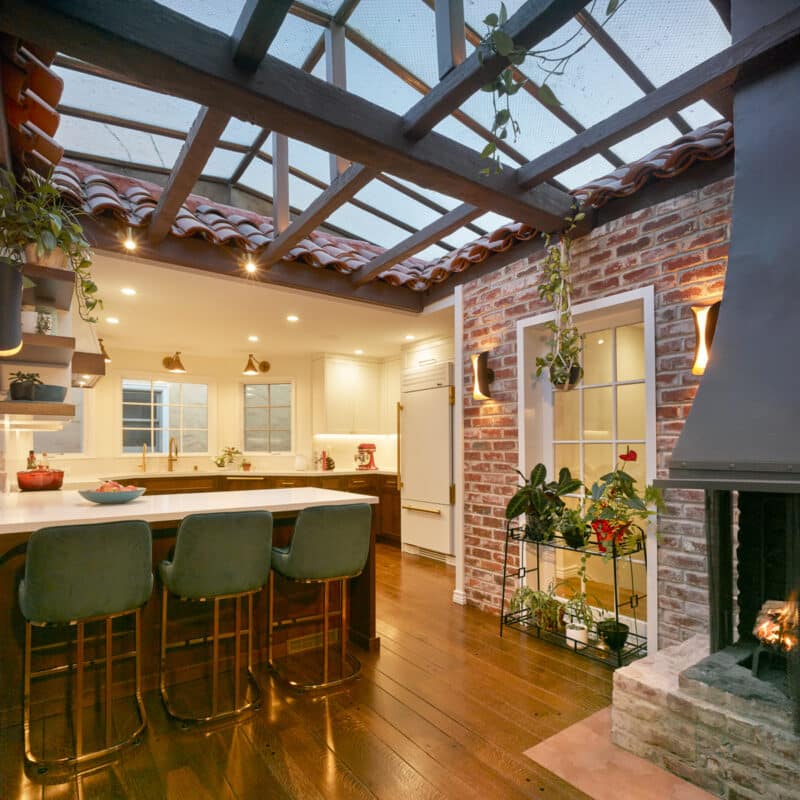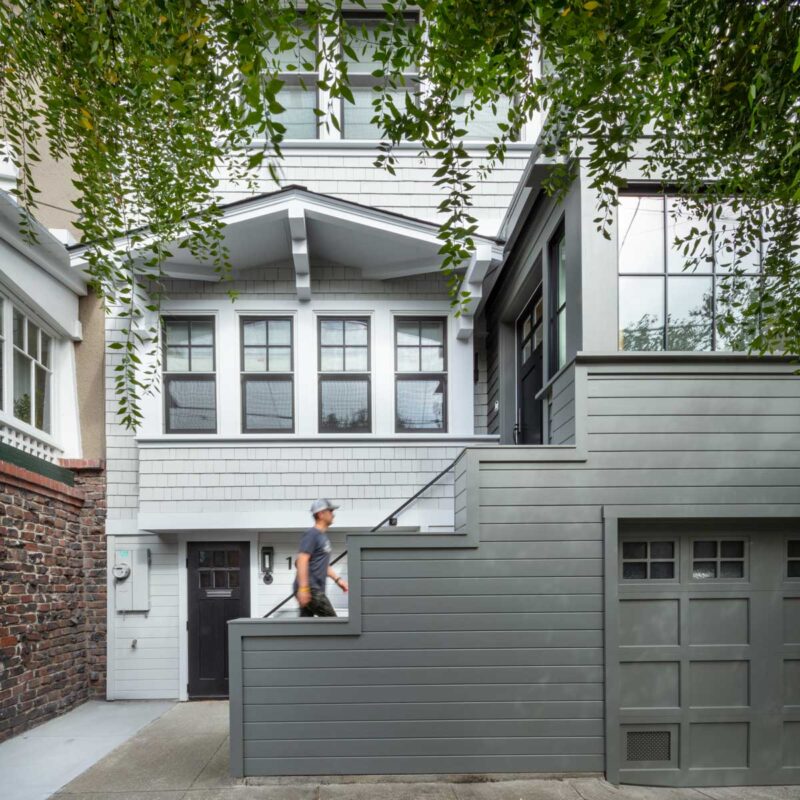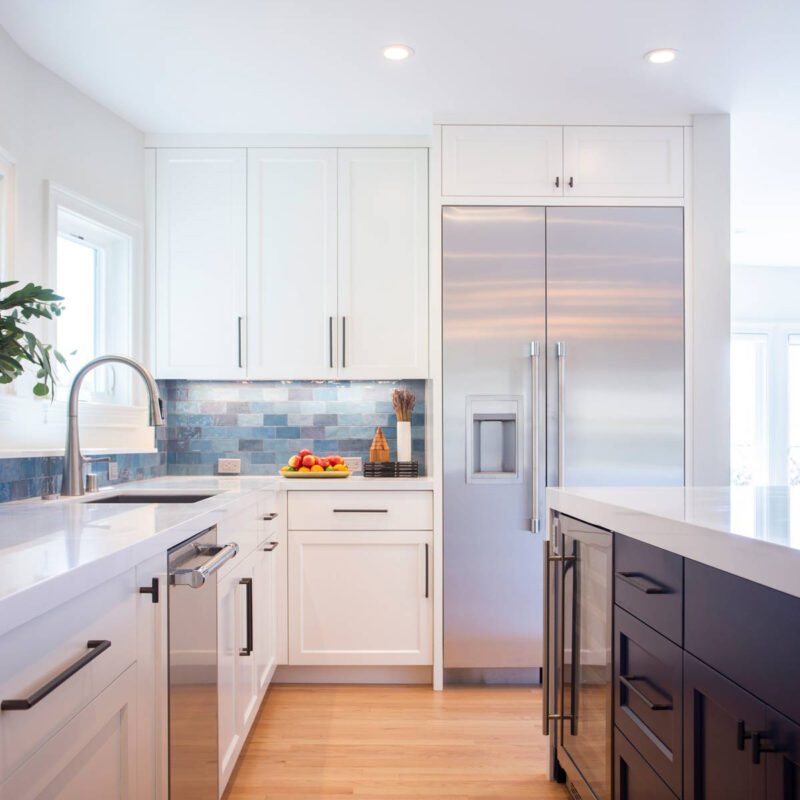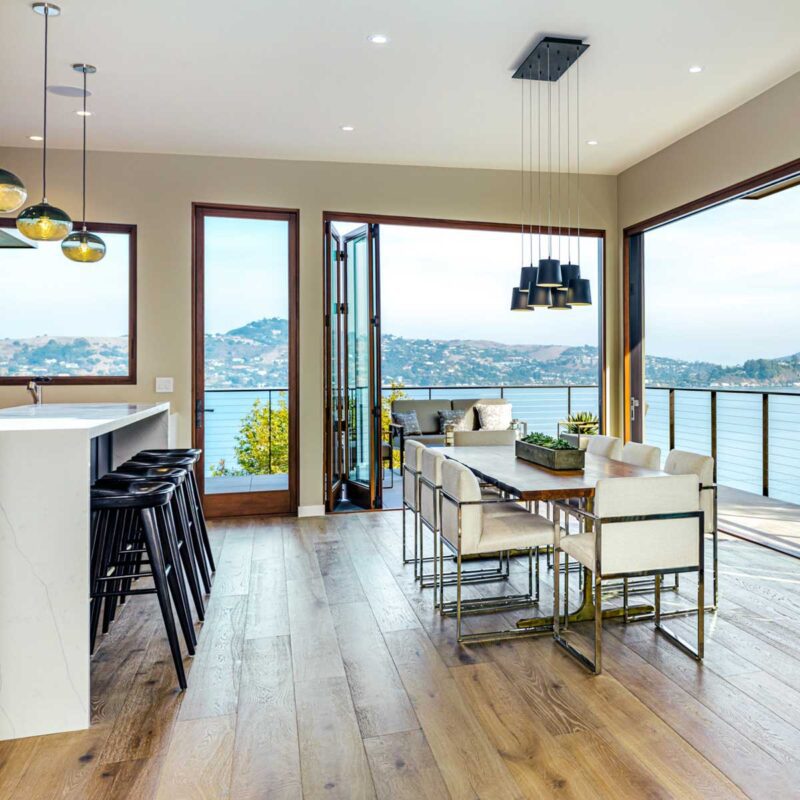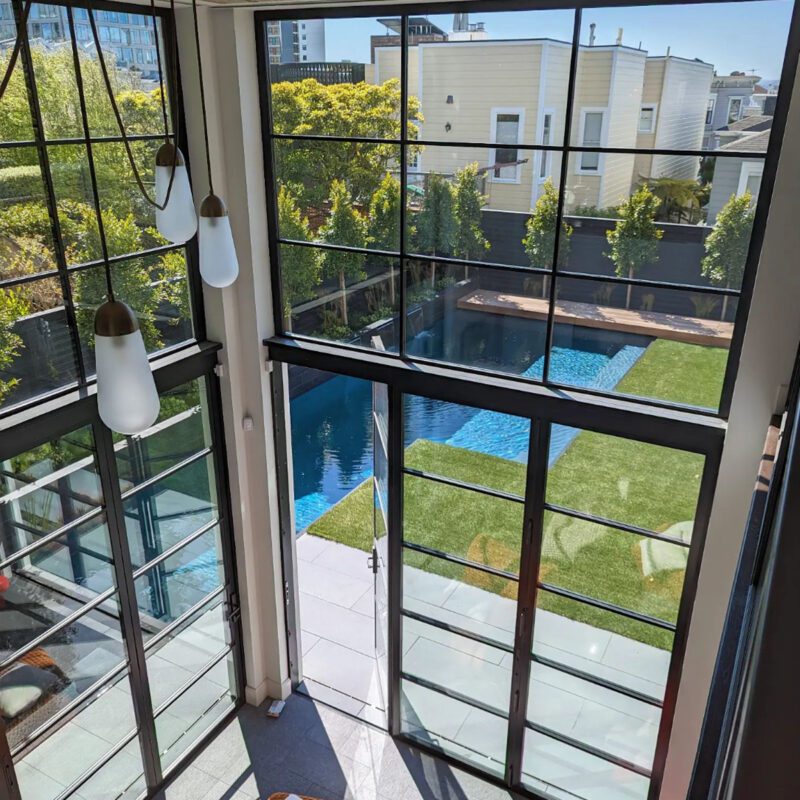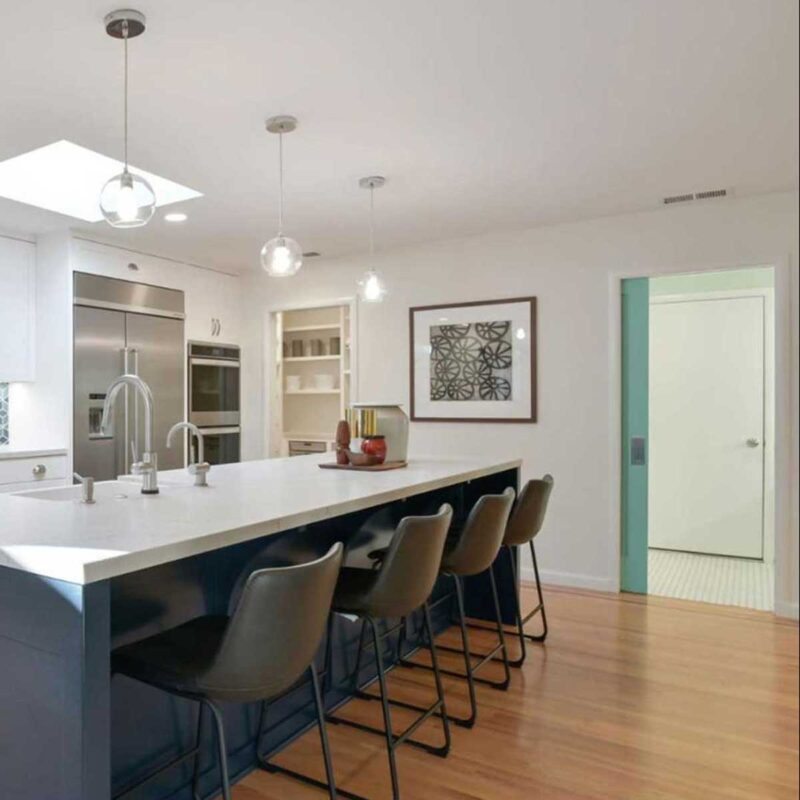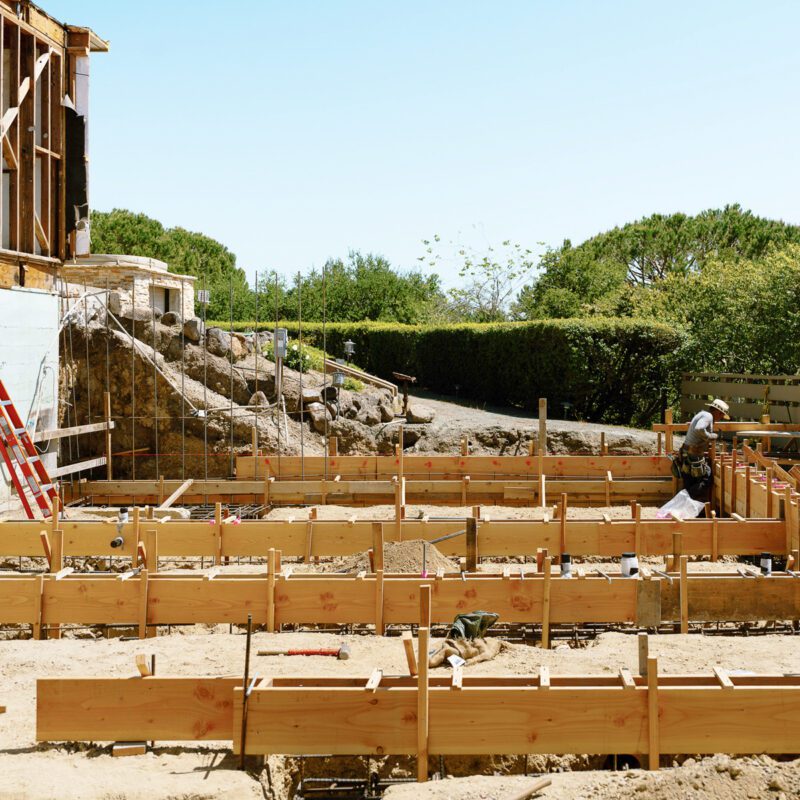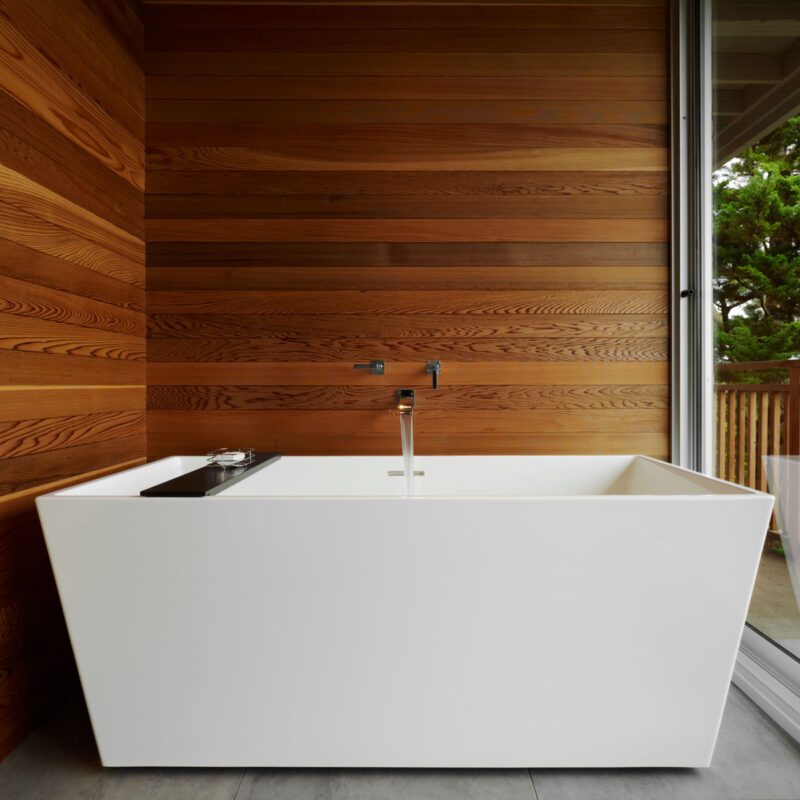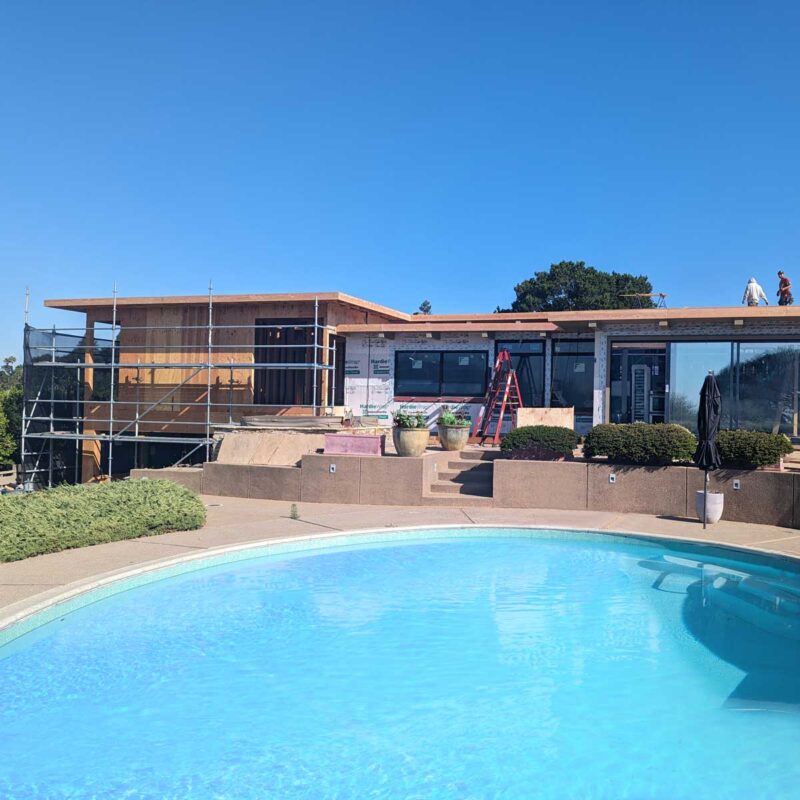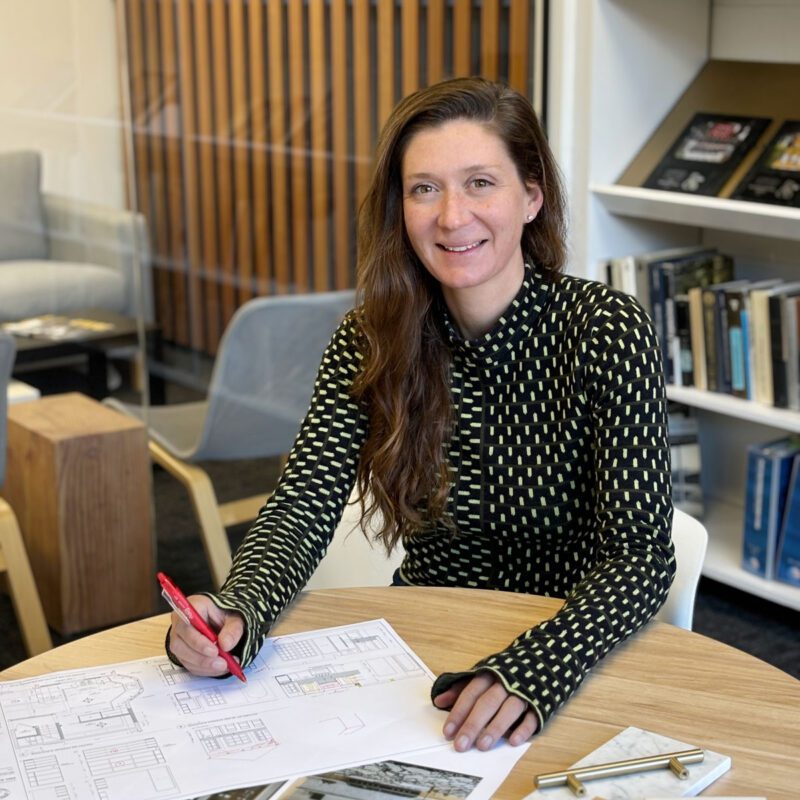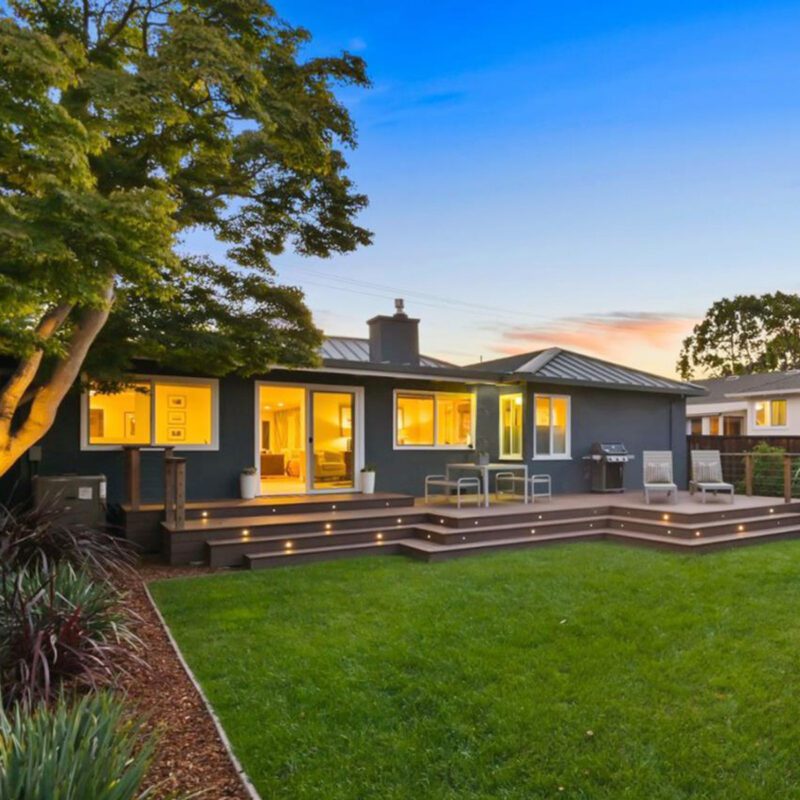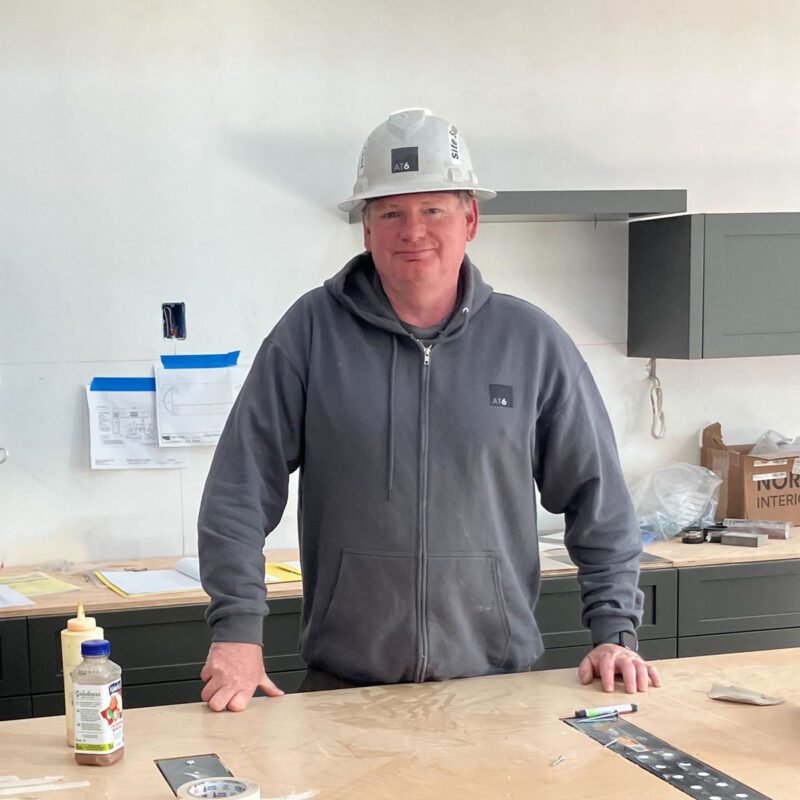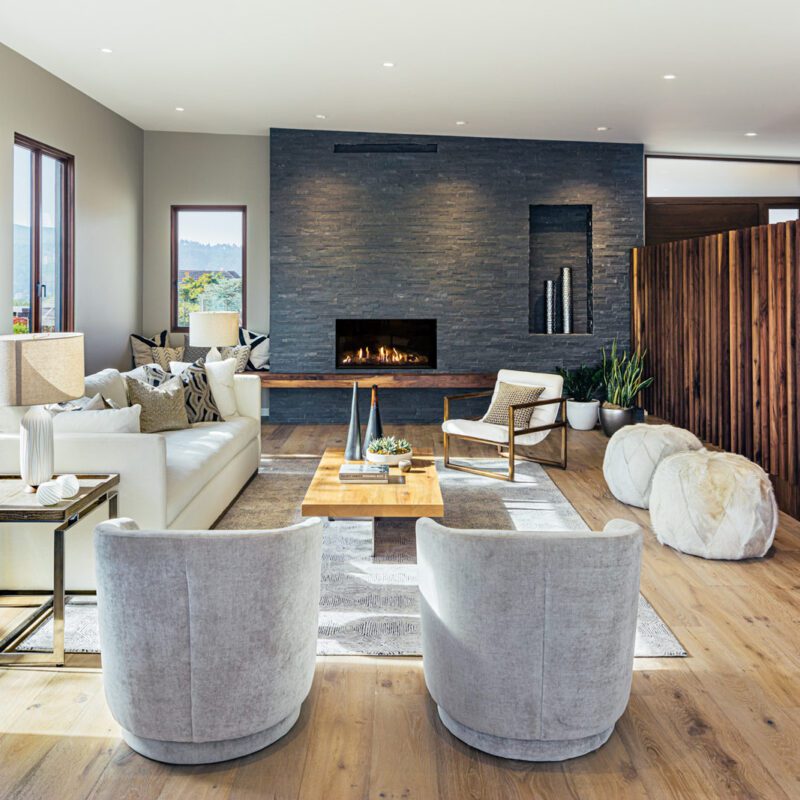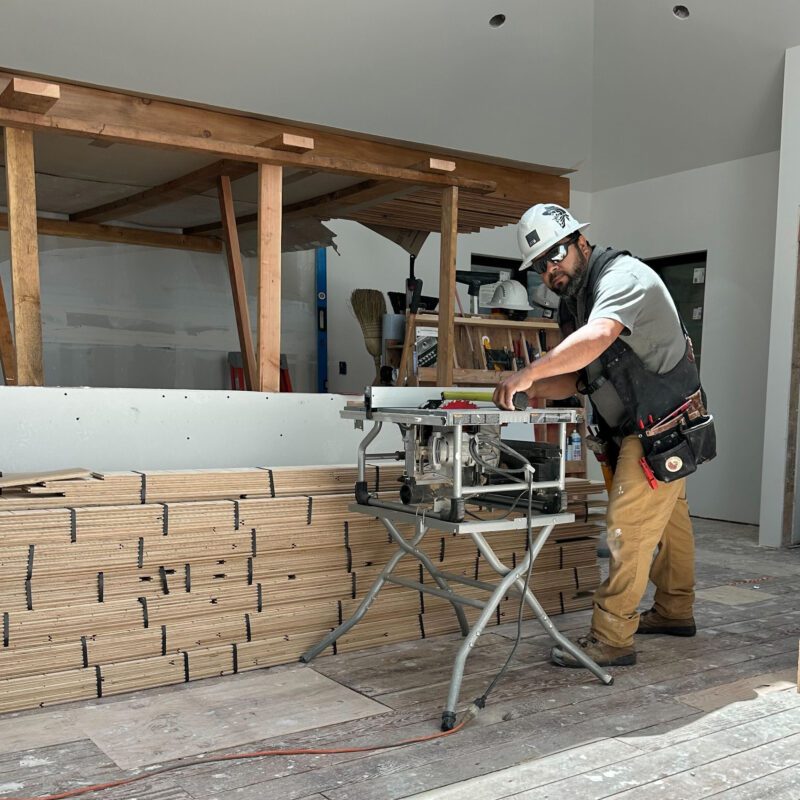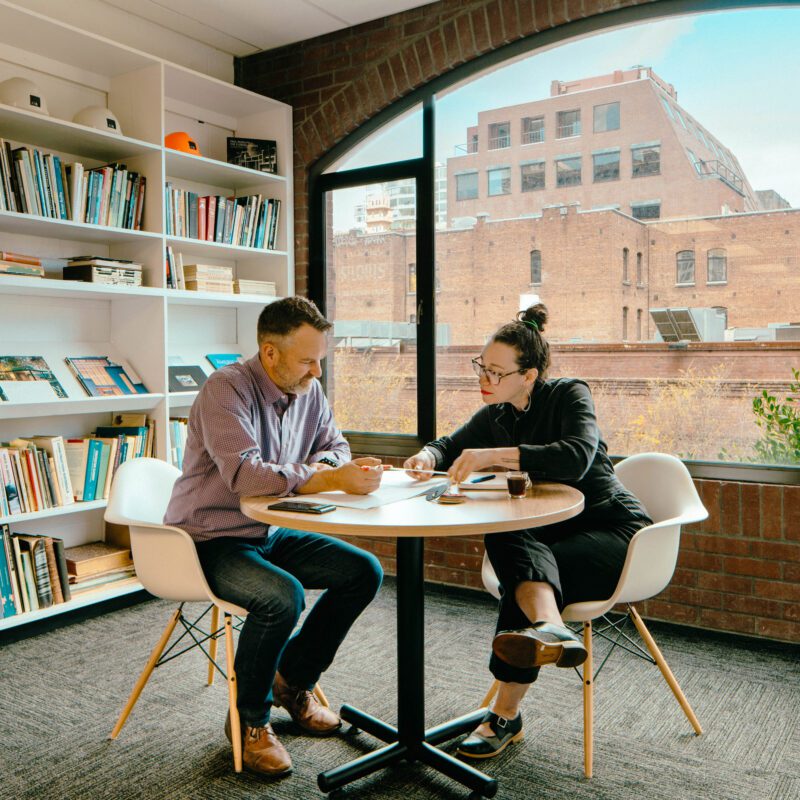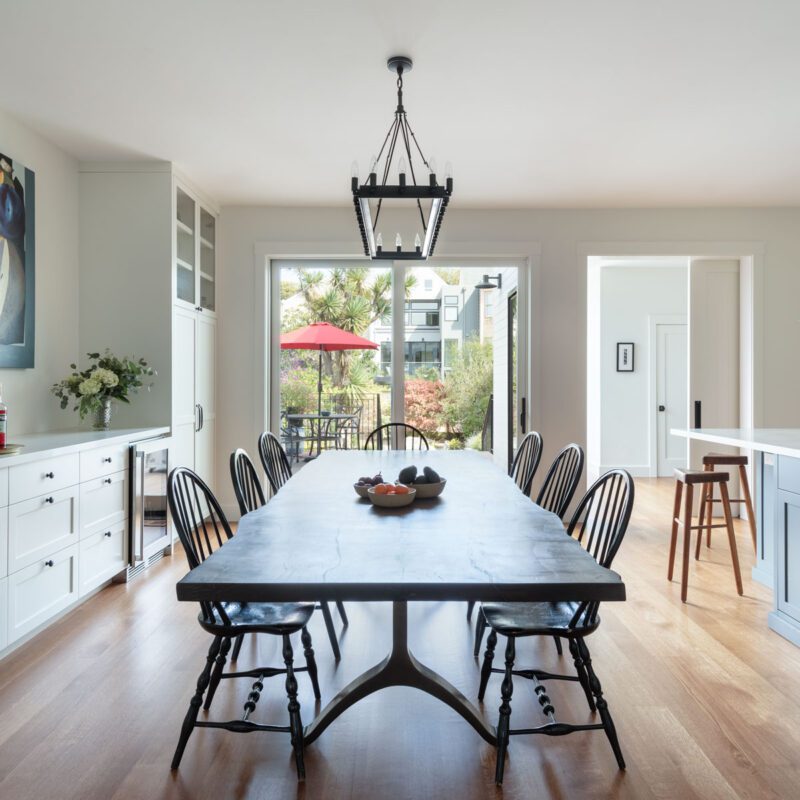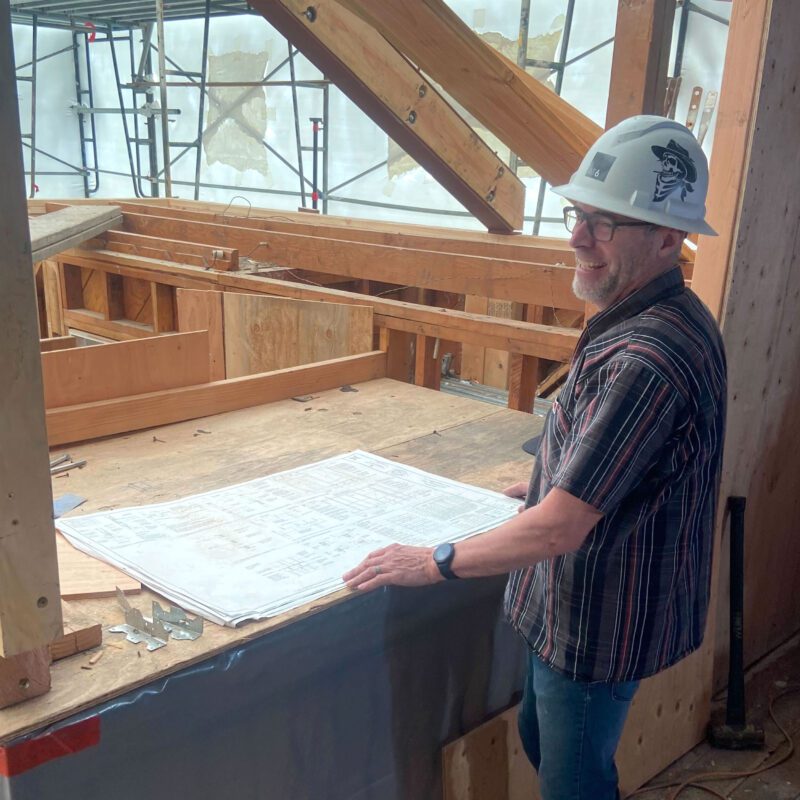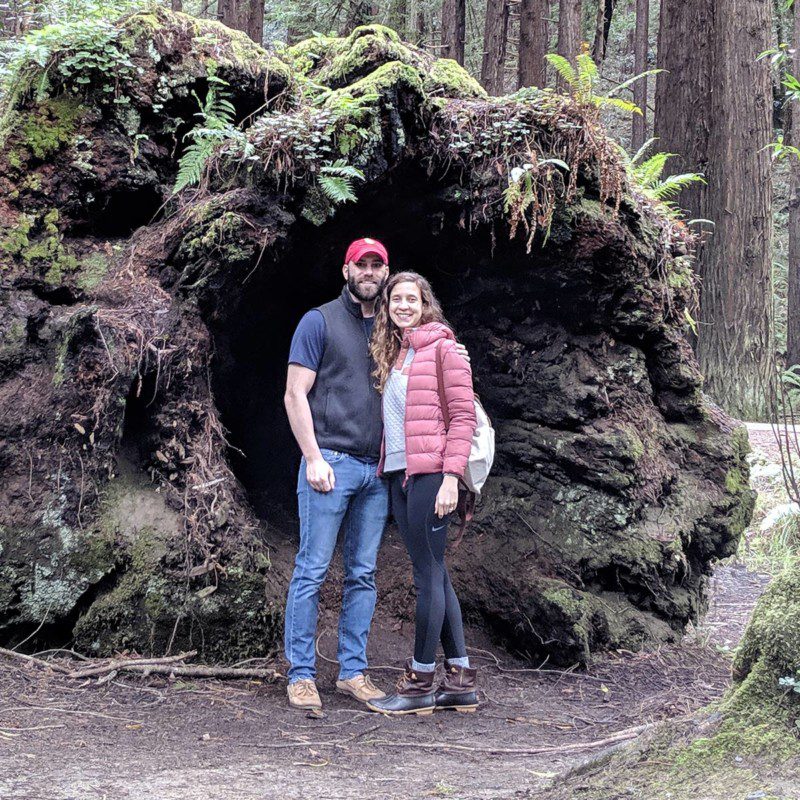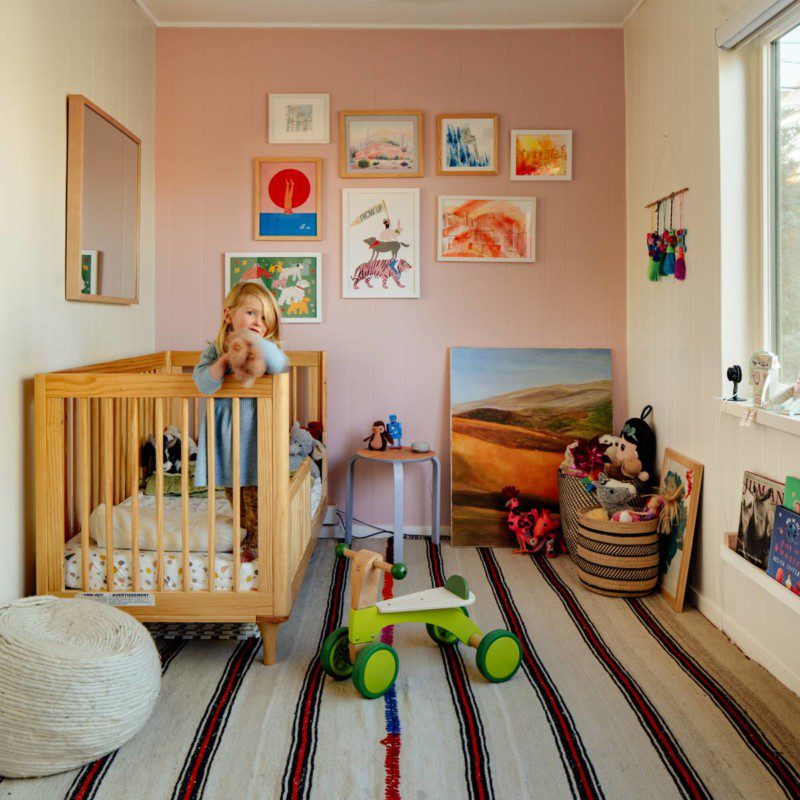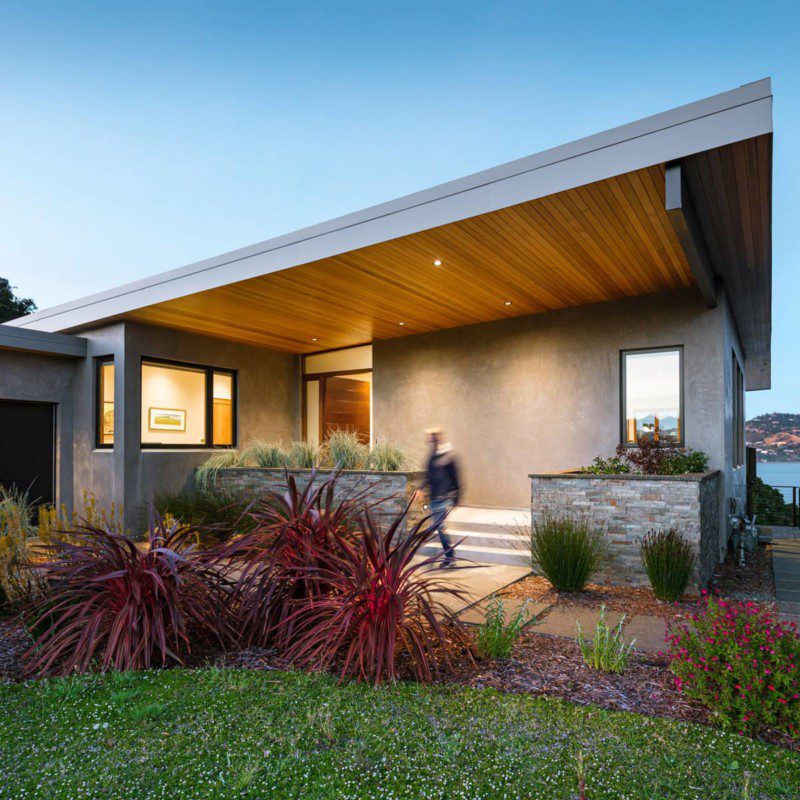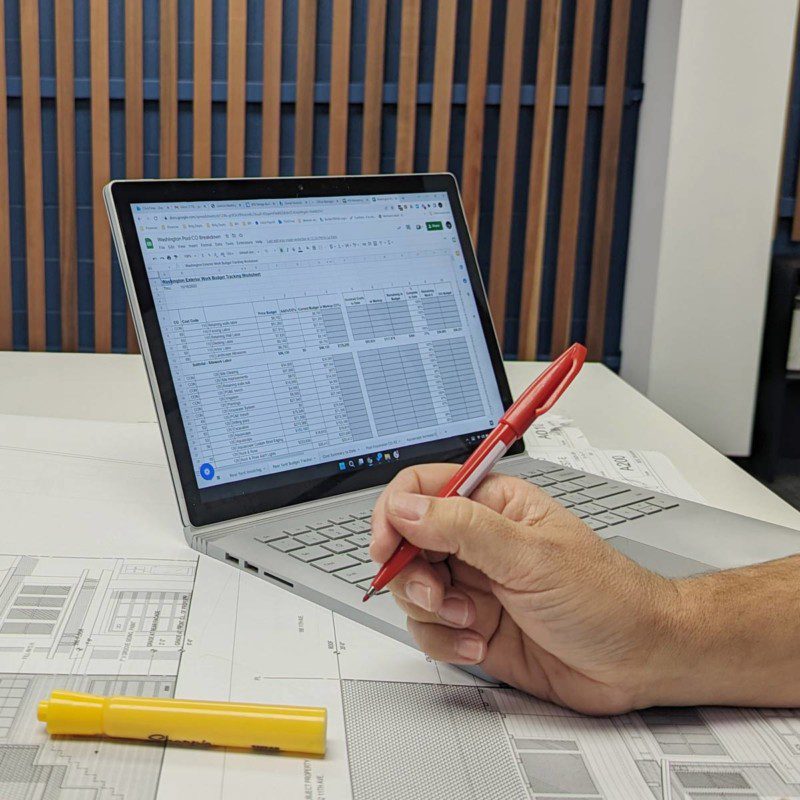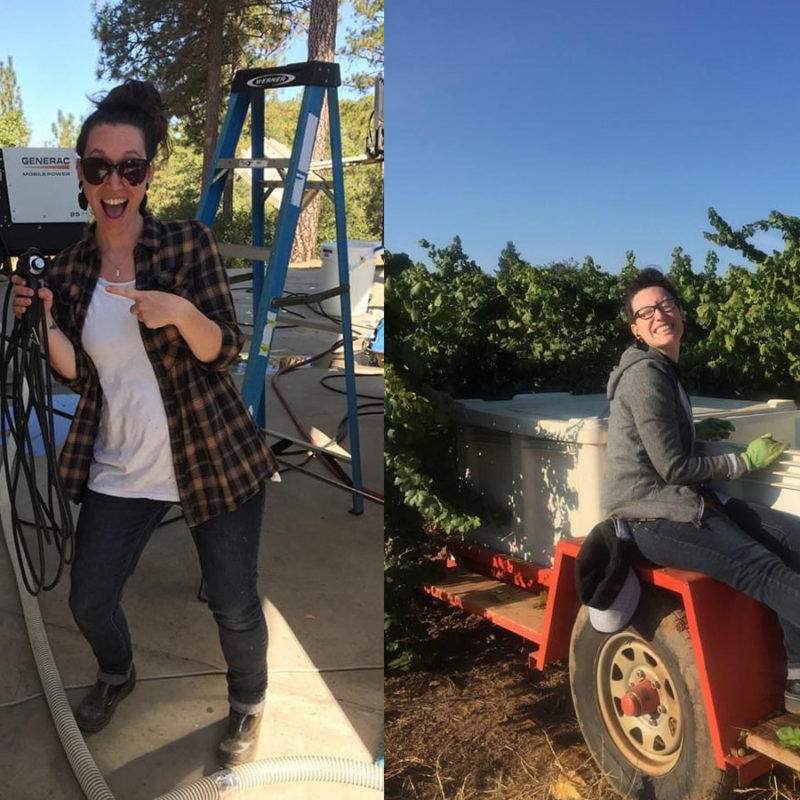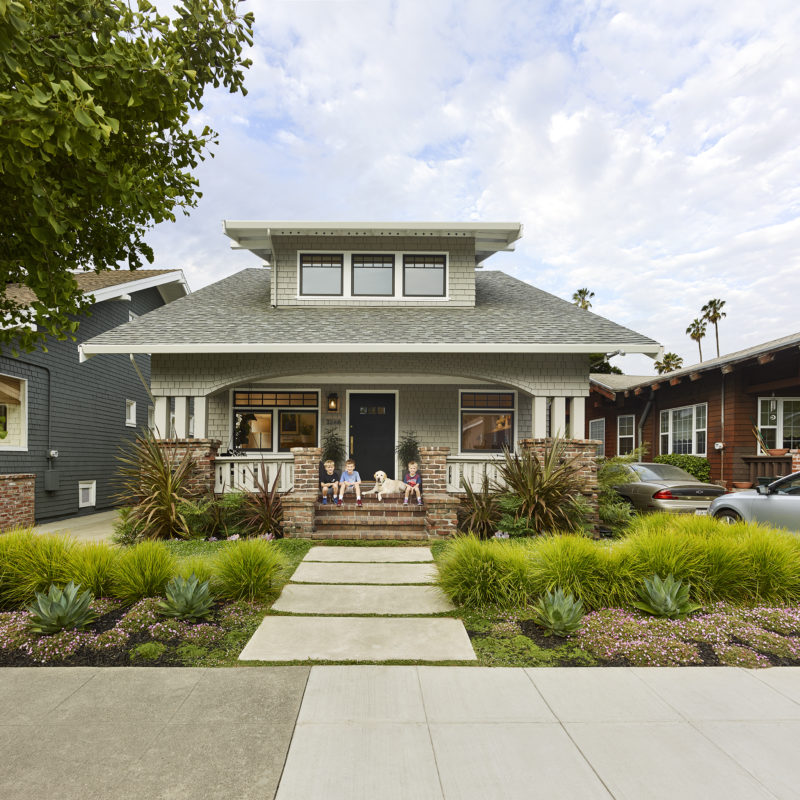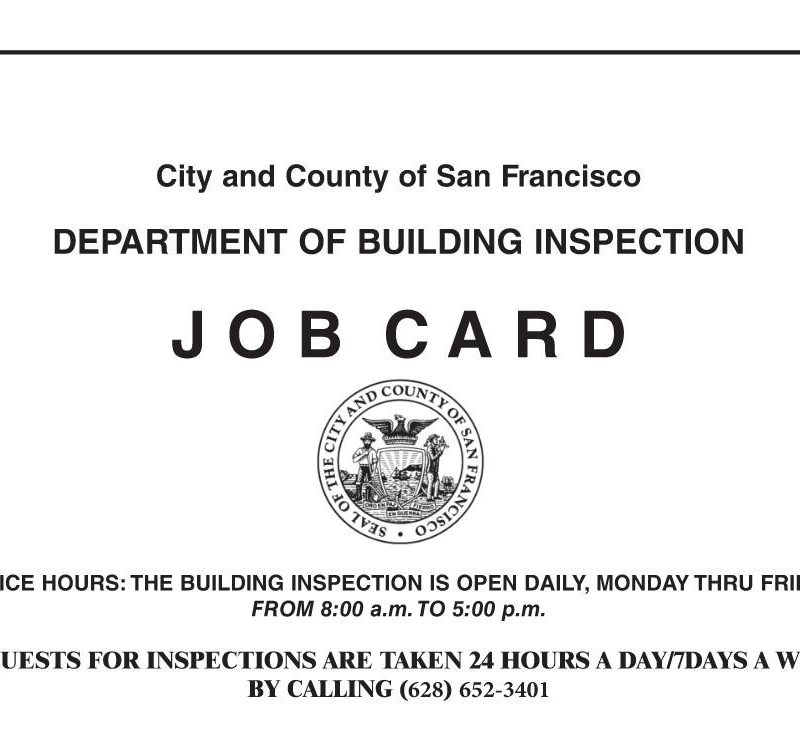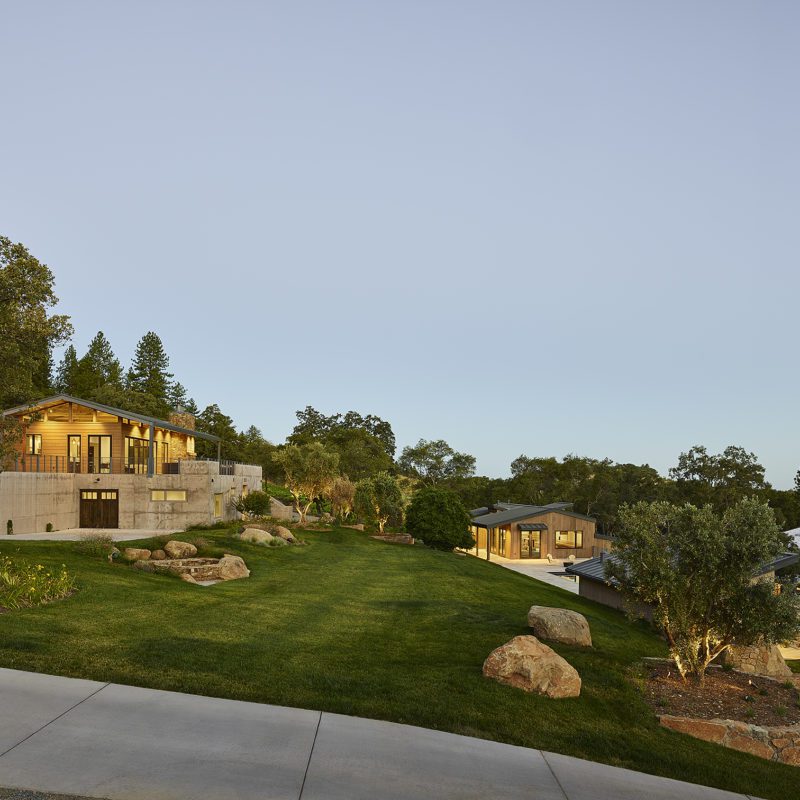Design and Construction Woven Together
If design build could be genetic, it would be in Jason’s DNA. His father, Jerry was both an architect and a contractor, and Jason grew up both at the drafting table and on the job site.
“My dad was someone who always thought of design and construction together,” Jason says. “I’m not sure if there is truth in this, but he believed he was the first licensed architect and licensed contractor in the State of California. At the time, you couldn’t get an architecture license if you were already a licensed contractor, so he had to work around that to obtain his architect’s license—which he did.”
His father was both an architect and a contractor, and Jason grew up both at the drafting table and on the job site.
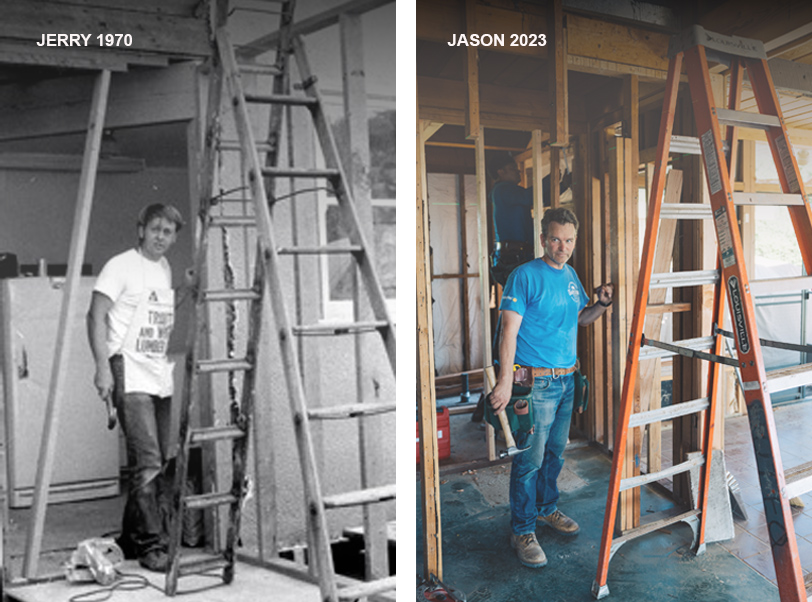
With that background, Jason has never considered architecture a standalone practice. How a project will be built inextricably factors into his thinking about the design.
“Even the first entrepreneurial projects I did after grad school were furnishings and fabrications—like designing custom cabinetry that I also built.”
History, Context, and Blending Old and New
Jason’s path to founding his own firm began among the Craftsman and Victorian homes lining the streets of Berkeley, where he grew up appreciating older architectural styles and the stories they told about the way people lived at the time they were built. College and graduate school in Los Angeles dropped him into a world of modern architecture outside any cohesive context—the freedom to design without accounting for what’s next door.
After a decade in southern California, Jason returned to the Bay Area where he could take on the challenge of doing modern design in a region full of buildings that have strong and valuable historic character. Here he found he could look at old architectural styles through a modernist lens, using the dialogue between the eras to transform homes into spaces that support his clients’ 21st-century lifestyles.
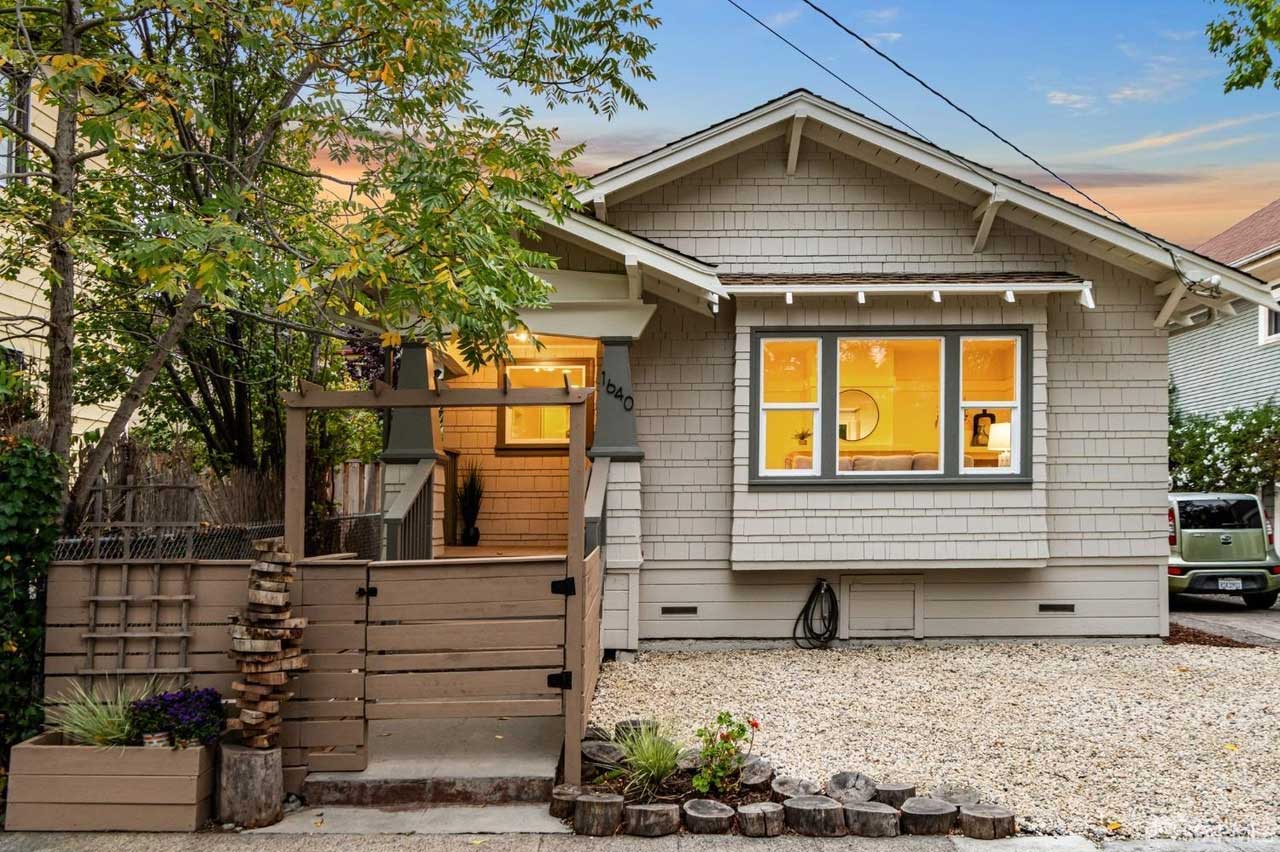
The Evolution of AT6
AT6 began as a design-only firm, but Jason soon recognized that an integrated architecture and construction model would provide better control over the final product and protect clients from accountability gaps between architects and contractors. Also, Jason just really loves both design and building and can’t settle on a favorite!
“I realized that when I finished a design drawing, it wasn’t satisfying just by itself. It was only satisfying when it actually got built. And so I had to go in a direction that ultimately satisfied both my creative side and my creating-tangible-things-in the-world side.”
So, like father like son, AT6 became a design build firm focused on providing clients with a smoother, more coordinated and trusted journey to their dream home.
Jason’s lifelong practice of integrated thinking results in remodels that enrich the legacy of the home by keeping what is memorable, while injecting modern, functional improvements and design flourishes that create an interesting dialogue between the old and the new.
“He was great at blending modern styling and materials, within a traditional environment.”
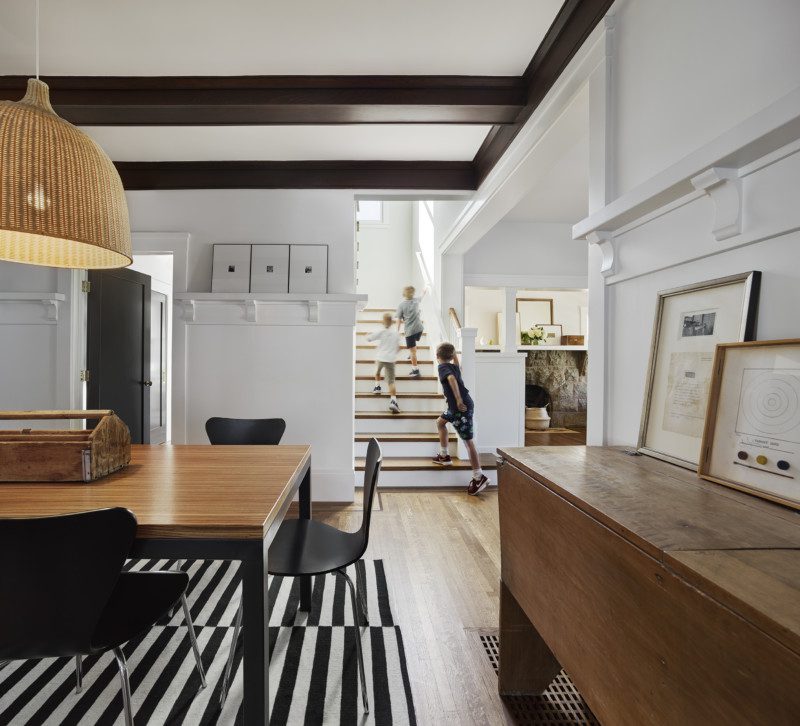
As one client summed up Jason’s integration of design and construction, old and new, “Jason was integral to the renovation of my Victorian home in San Francisco. He developed great ideas and combined them with a pragmatic approach to problem solving. He was great at blending modern styling and materials, within a traditional environment.”

